It’s important to be prepared for the unexpected, whether it’s a minor inconvenience or a major emergency. And one way to do this is by keeping the right things in your glove box. If you’re wondering about what qualifies here, make sure you don’t miss these essential items on our list
Vehicle Registration and Insurance Documents
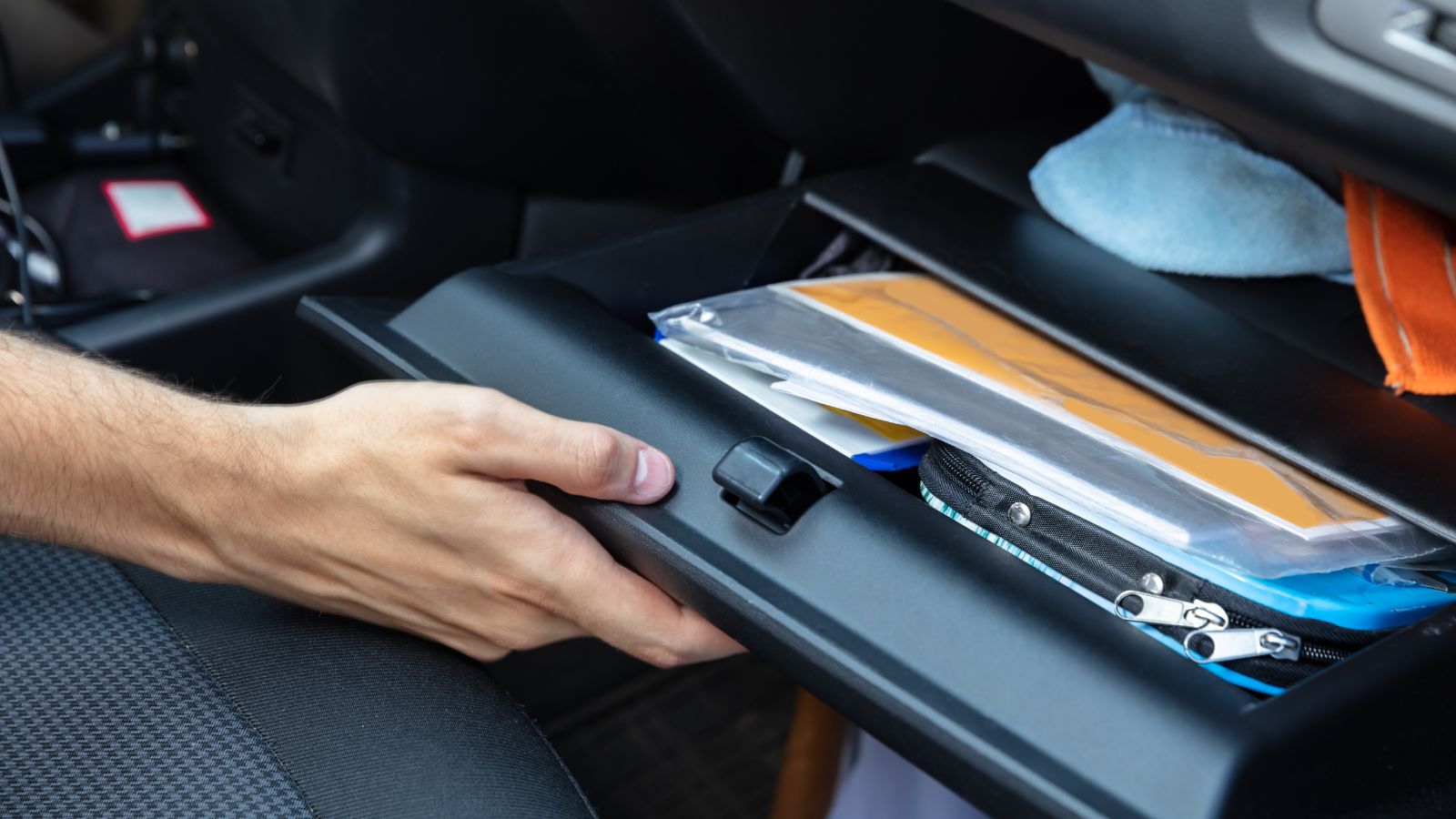
It goes without saying that you should always have your vehicle registration and insurance documents with you when driving. You’ll need these documents to prove ownership and insurance cover if you’re pulled over. They’re also essential if you get in an accident and need to exchange information with other drivers.
Owner’s Manual
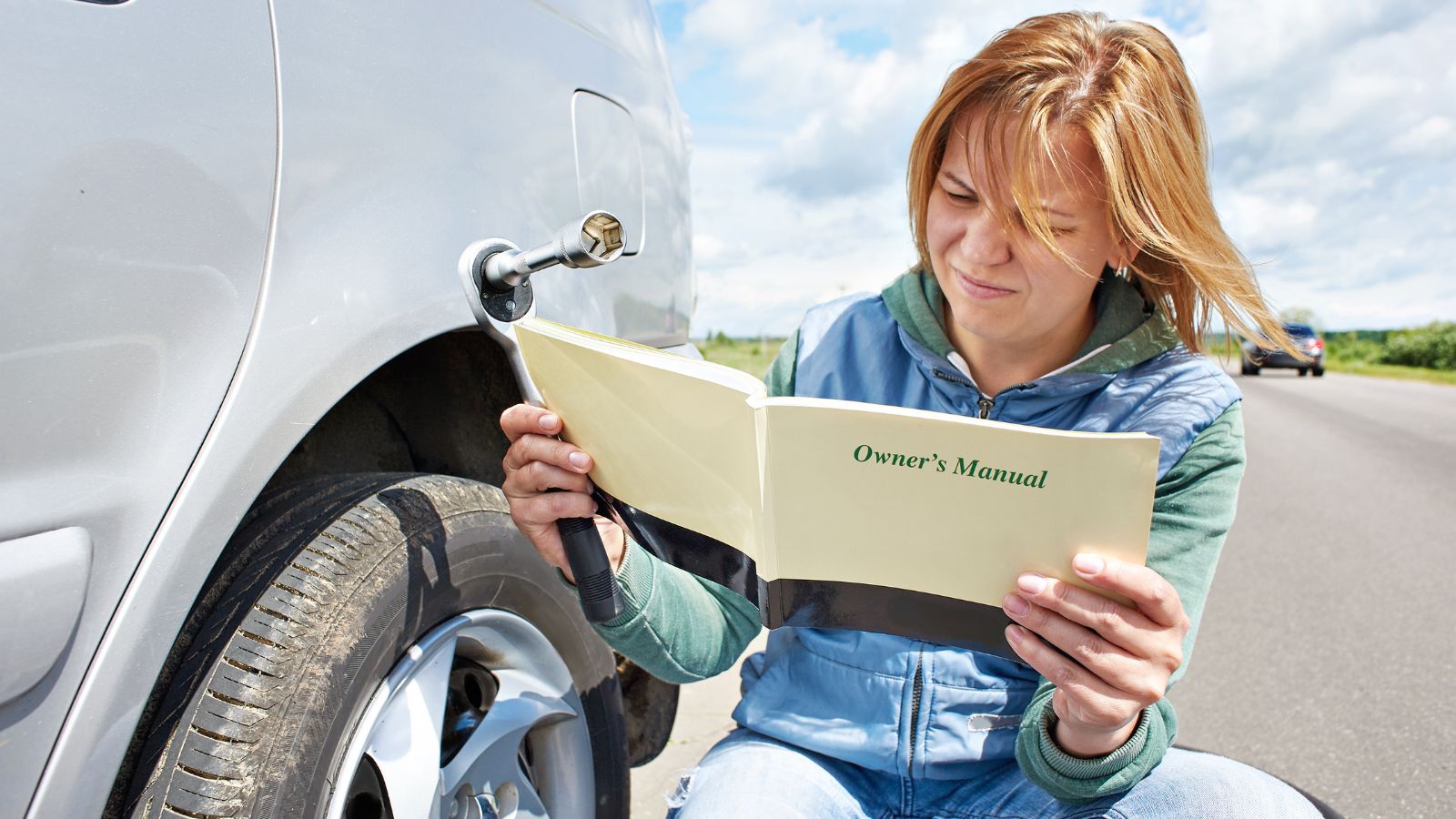
Your owner’s manual is another staple to keep in your glove box, as most of us wouldn’t know where to start if our car had a problem! Owners’ manuals provide detailed information about your vehicle’s features and maintenance, including troubleshooting tips for minor issues and instructions for handling other small repairs.
First Aid Kit
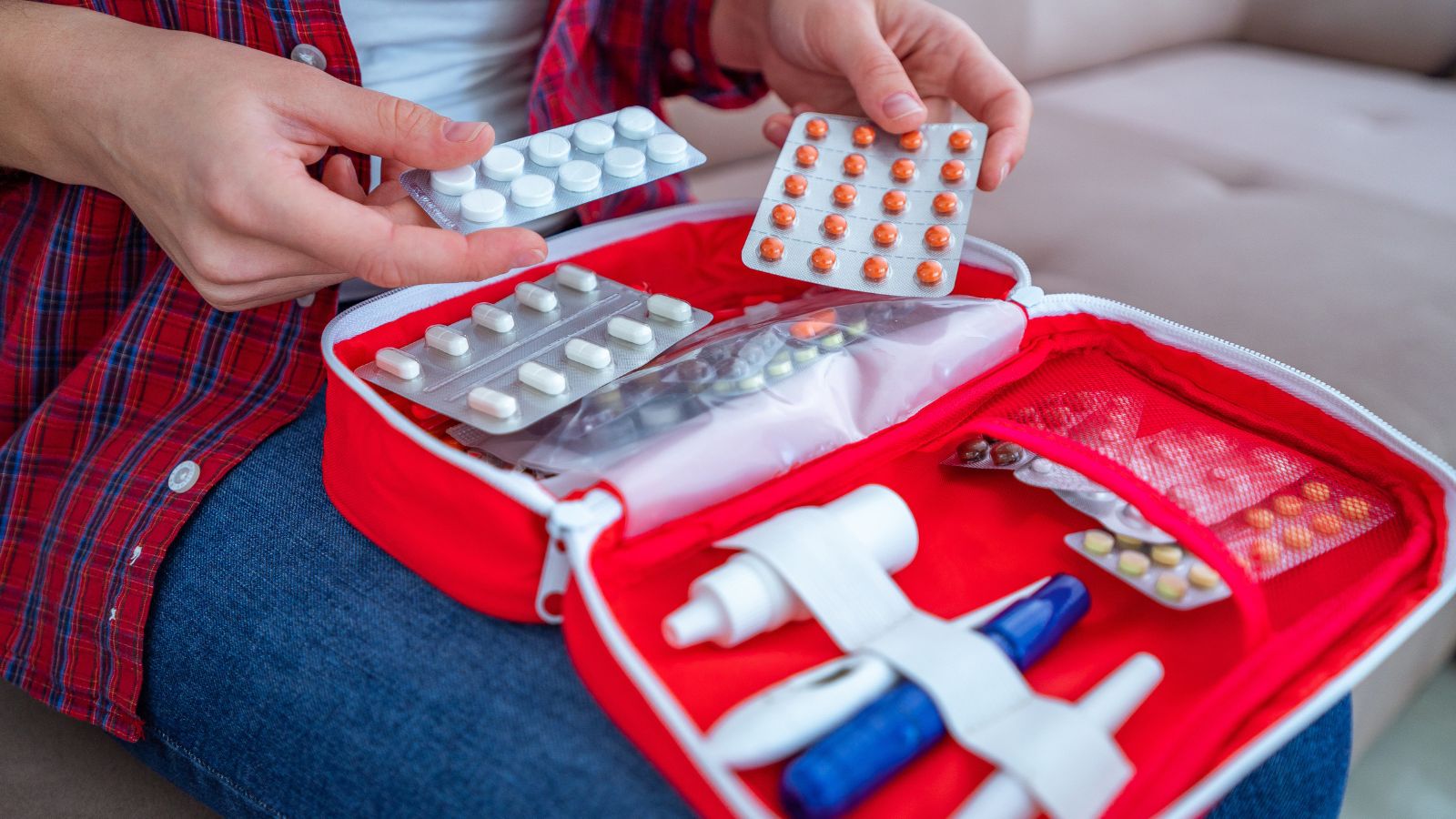
You should keep a first aid kit in your car, especially if you have kids, so you can treat minor injuries. Verywell Family says to “store your first-aid kit in an area of your car that stays relatively cool since heat and sunlight can degrade certain products.” The glove box is ideal!
Flashlight
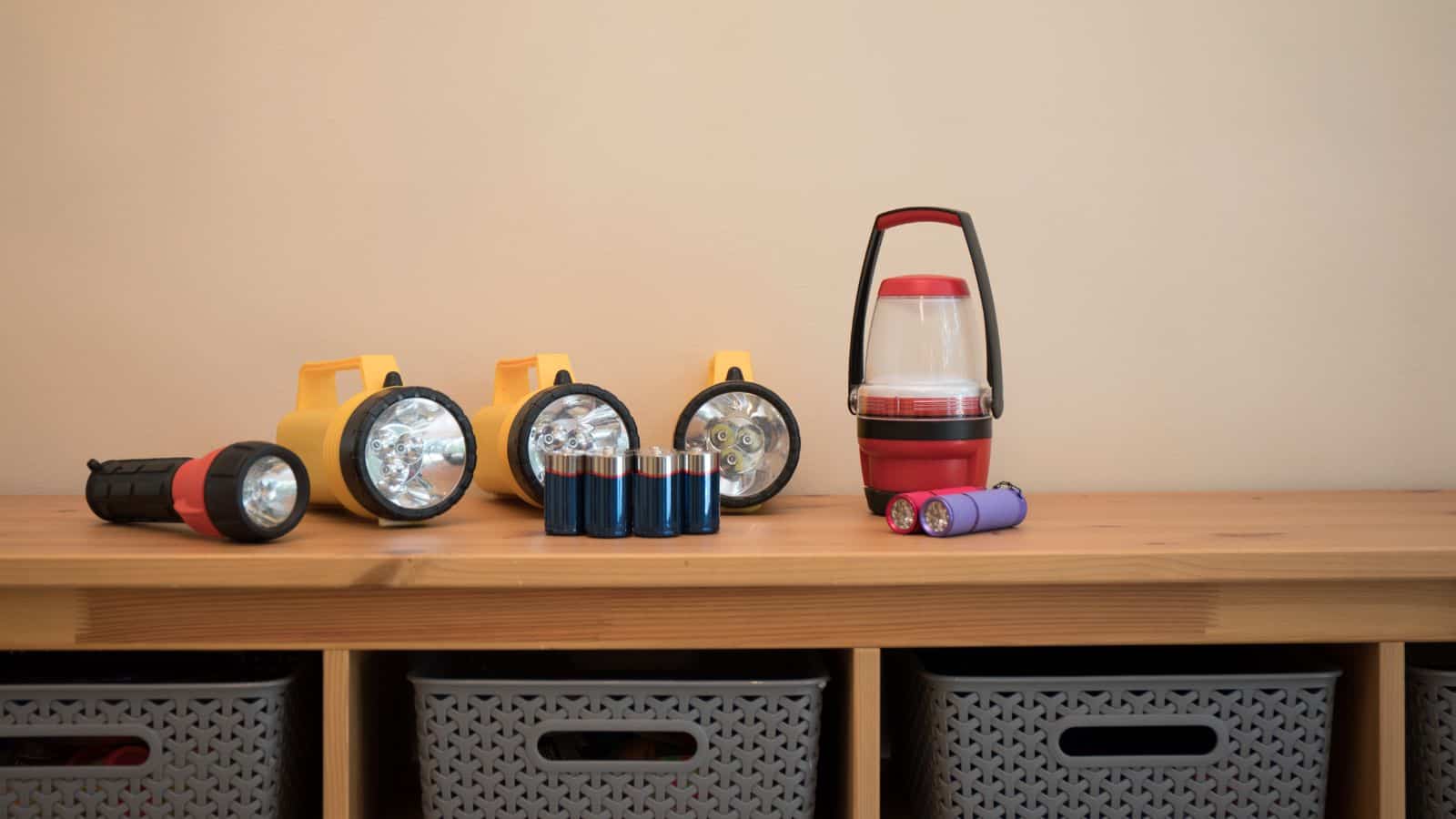
If you run into any trouble with your car at night, a flashlight can be incredibly useful. If your phone is dead and you can’t use its torch, you might need a flashlight to check under the hood, change a tire, or even signal for help if you’re stranded.
Tire Pressure Gauge
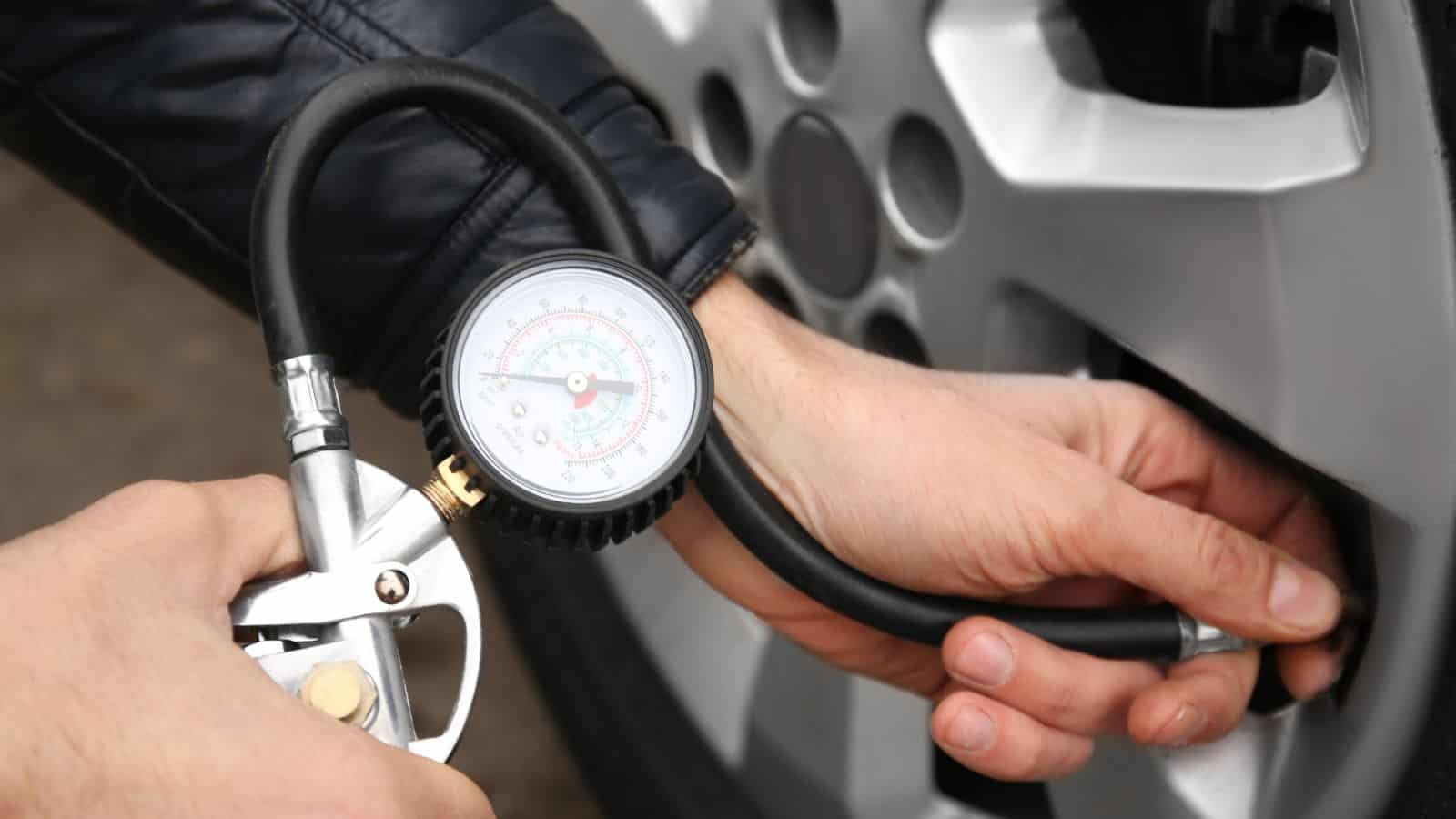
It’s important to keep a tire pressure gauge in your glove box in case you need to check or alter the pressure in your tires. It’s vital to make sure your tires are properly inflated for safety, and it also helps improve fuel efficiency and extend the life of your tires.
Swiss Army Knife
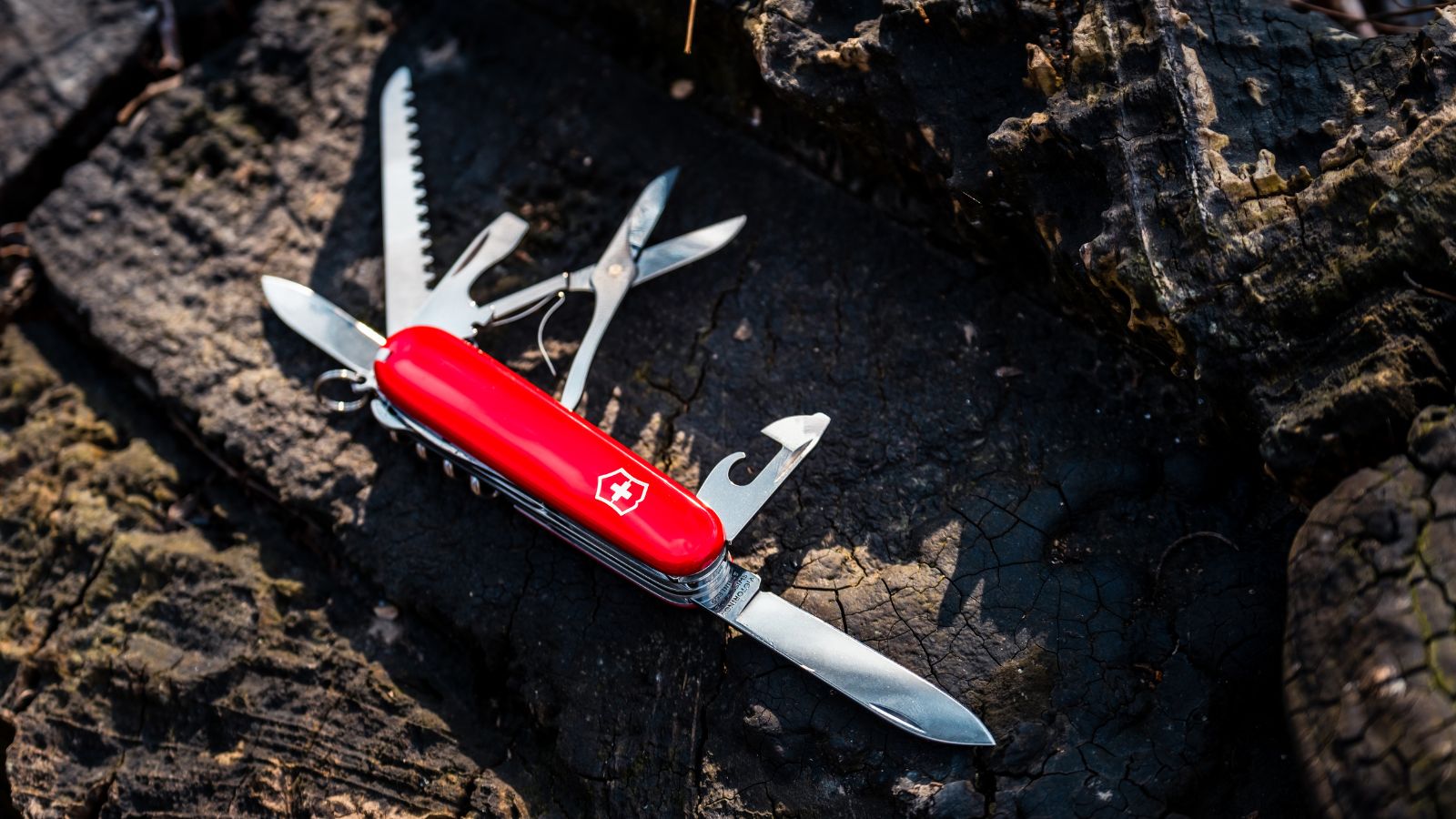
A Swiss army knife is a compact device that contains various tools, such as a knife, screwdriver, and pliers. Storing one in your glove box could be beneficial in case you need to make minor repairs or adjustments to your car.
Phone Charger and Power Bank
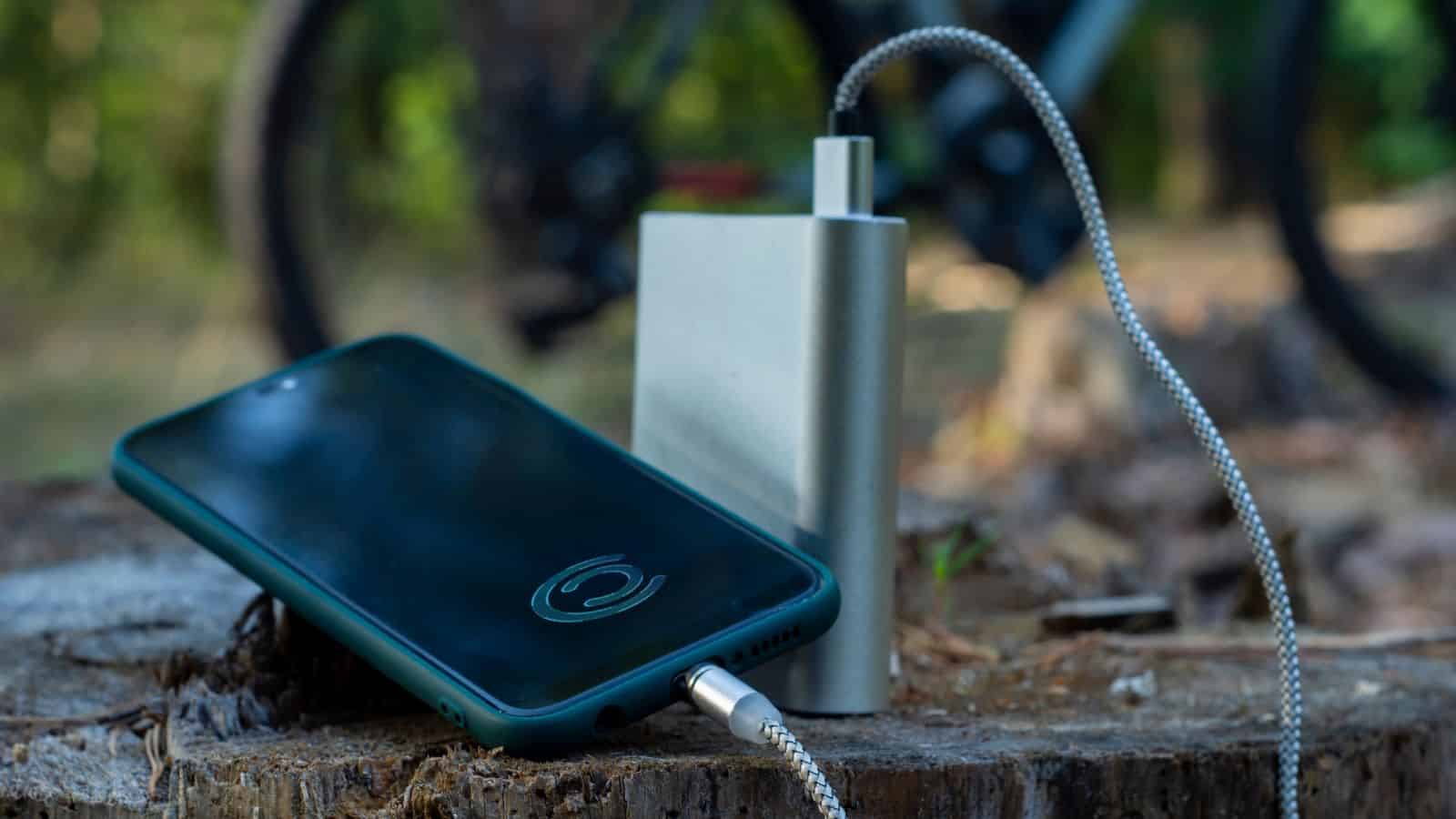
The WP notes that, “whether you’re snowed in, you crash or your car breaks down – especially in a low-traffic area – a fully charged phone is a must.” Your phone can be useful for navigation, calls, and emergencies, so make sure you keep a phone charger and power bank in your glove box!
Emergency Contact Information
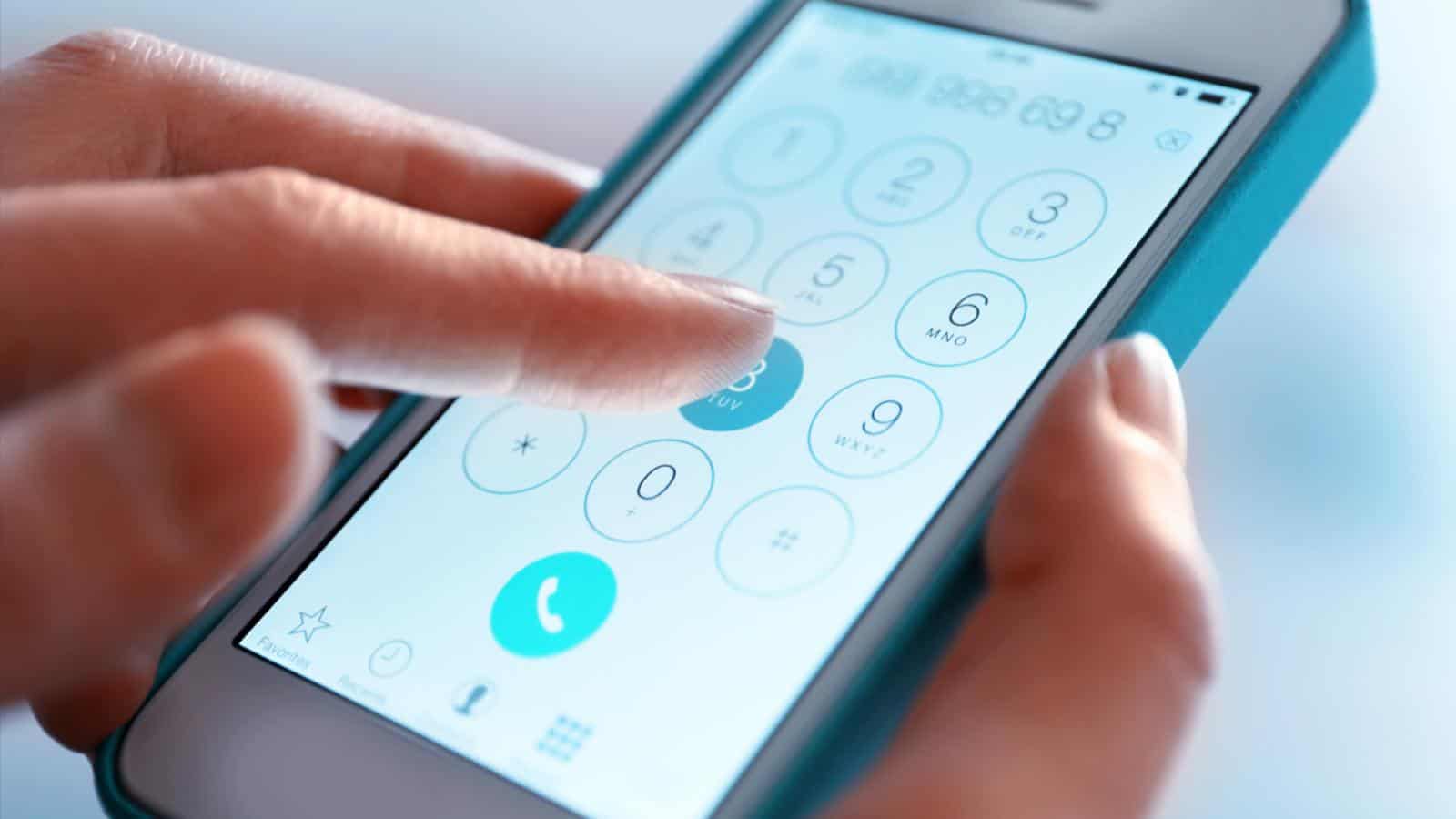
Nobody likes to think about the worst-case scenario, but it’s good to be prepared! Storing emergency contact information, including contact details for family, friends, and roadside assistance, in your glove box is vital for medical emergencies if you’re unable to communicate.
Jumper Cables
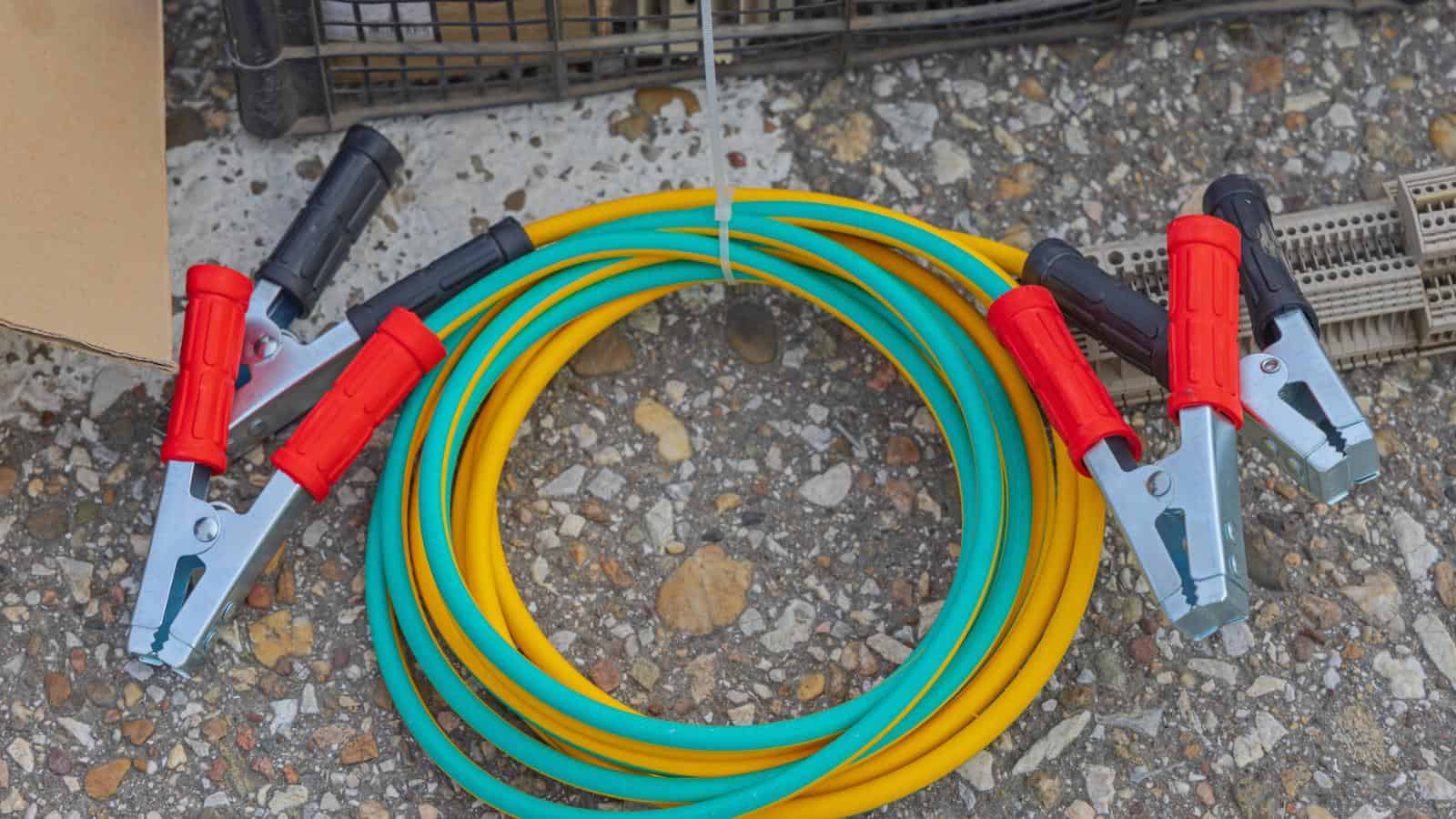
You should always keep jumper cables in your glove box in case your car’s battery dies so that you don’t need to rely on other drivers for them. If you have jumper cables to hand, you can also be the hero and assist other drivers in need!
Reflective Triangle or Flares
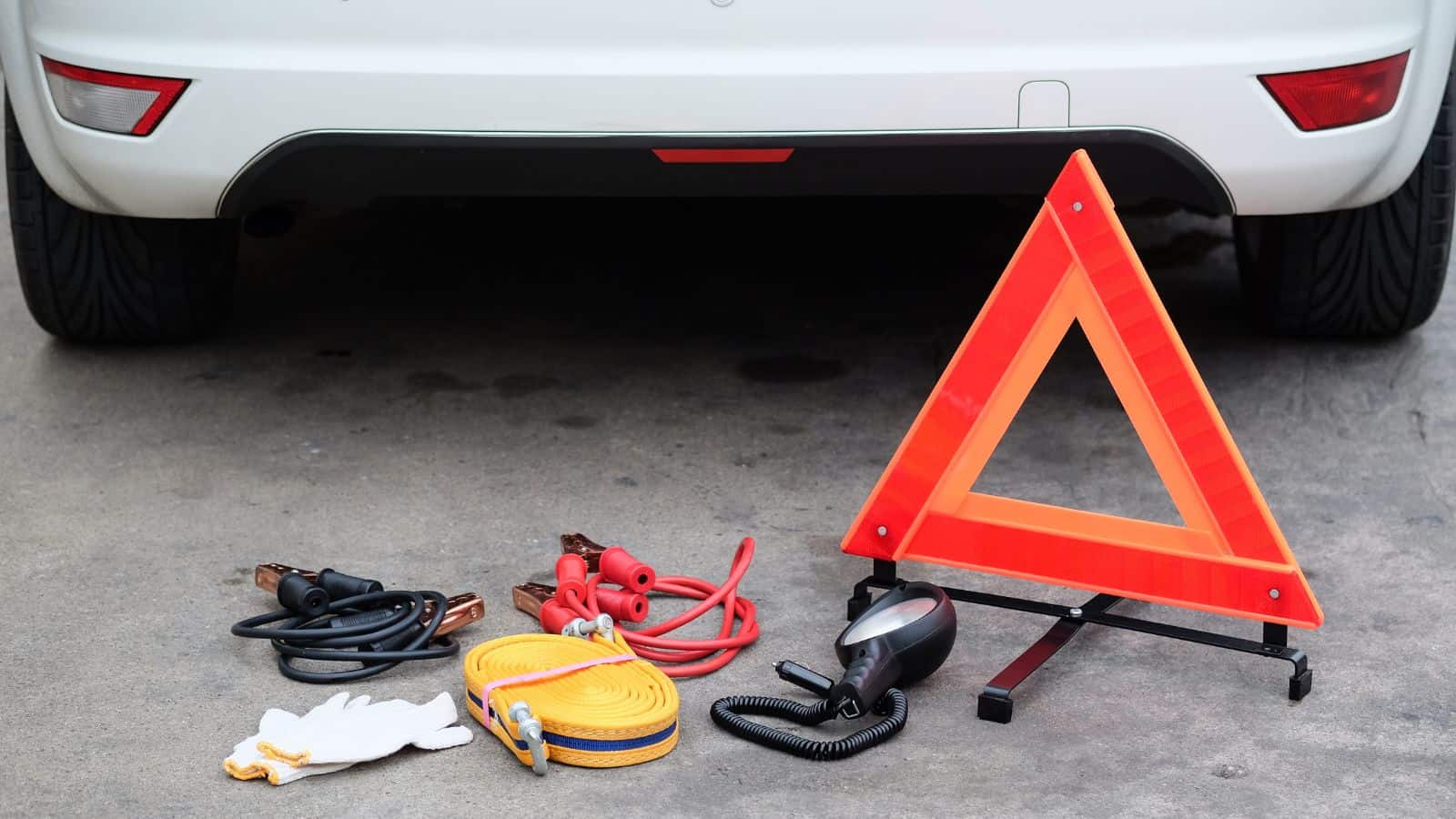
You never know when your car might break down (terrifying, I know), so preparation is key! Reflective triangles and flares can help make your car visible to other drivers if you break down and are essential for safety during roadside emergencies, especially at night.
Snacks and Water
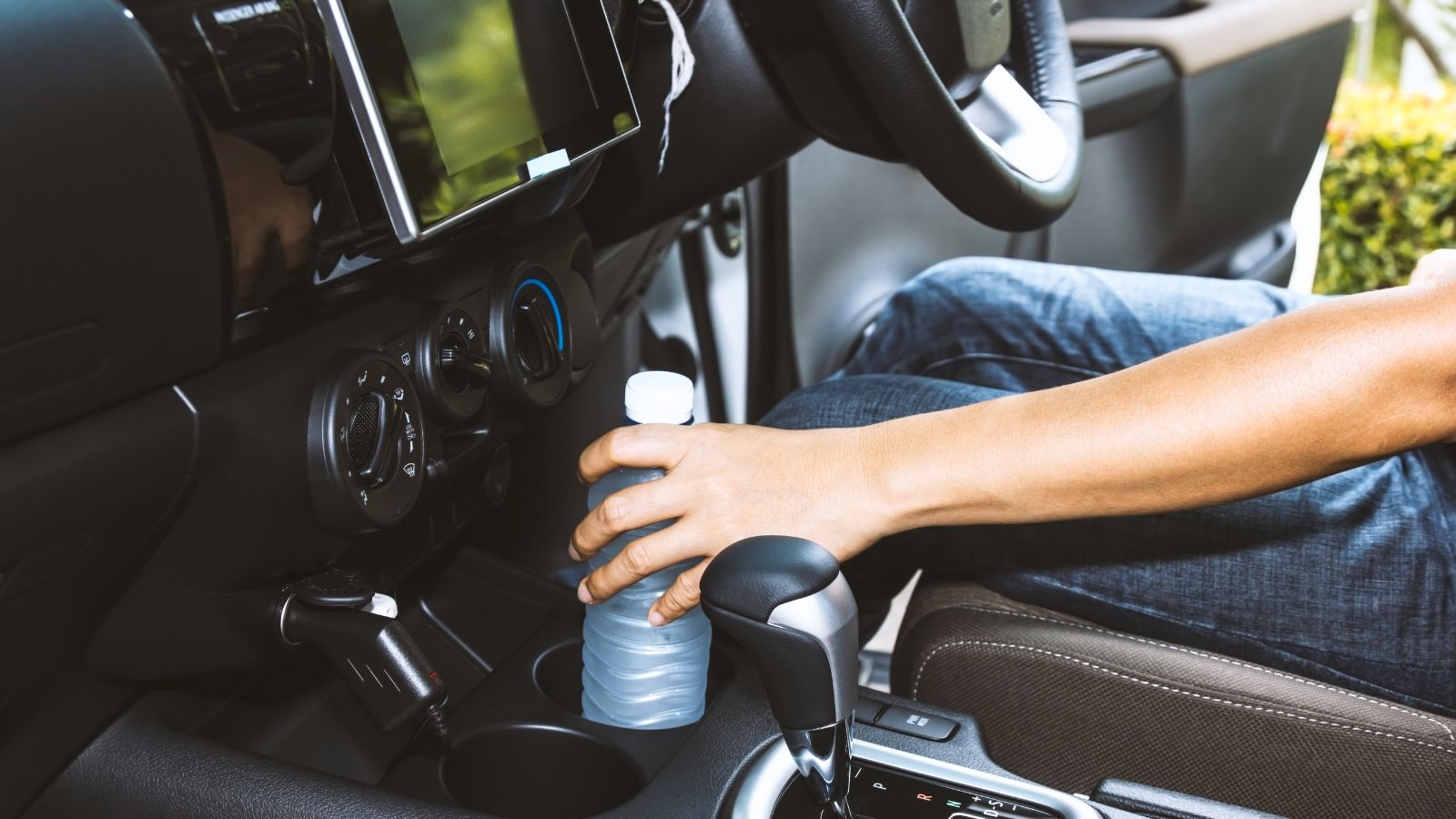
If you’re stranded or stuck in traffic, you might need sustenance, so it’s good to pack some snacks and water in your glove box. CNN suggests “nonperishable, high-energy foods such as nuts, granola bars, dried fruit or beef jerky.” Staying hydrated and maintaining energy levels is incredibly important when driving!
Spare Change and Cash
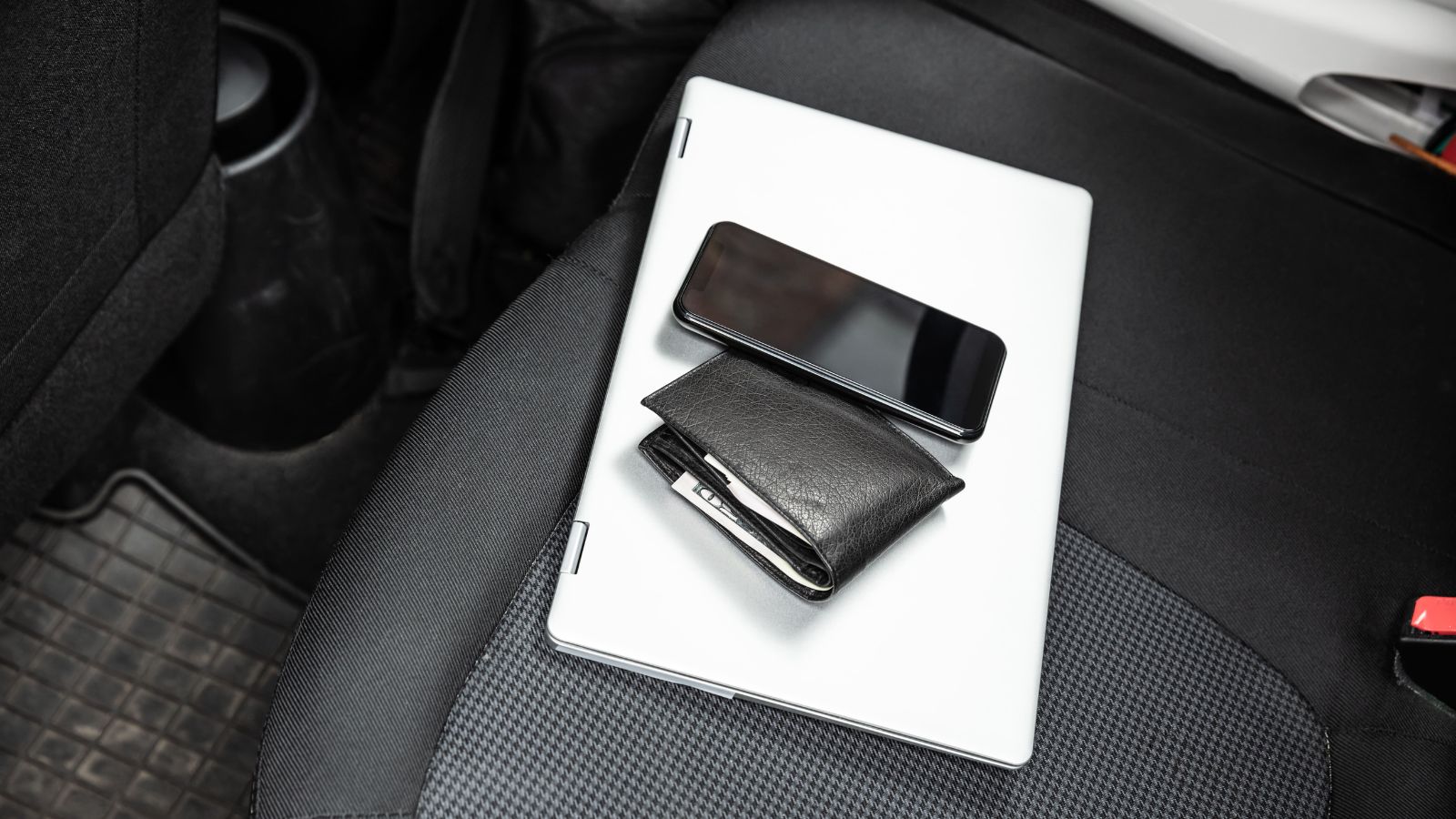
Throwing some of your loose change and cash into your glove box can come in handy for small purchases when you don’t have your wallet or can’t pay with a card. Spare change is also useful for tolls, parking meters, and even emergency expenses.
Shopping Bag
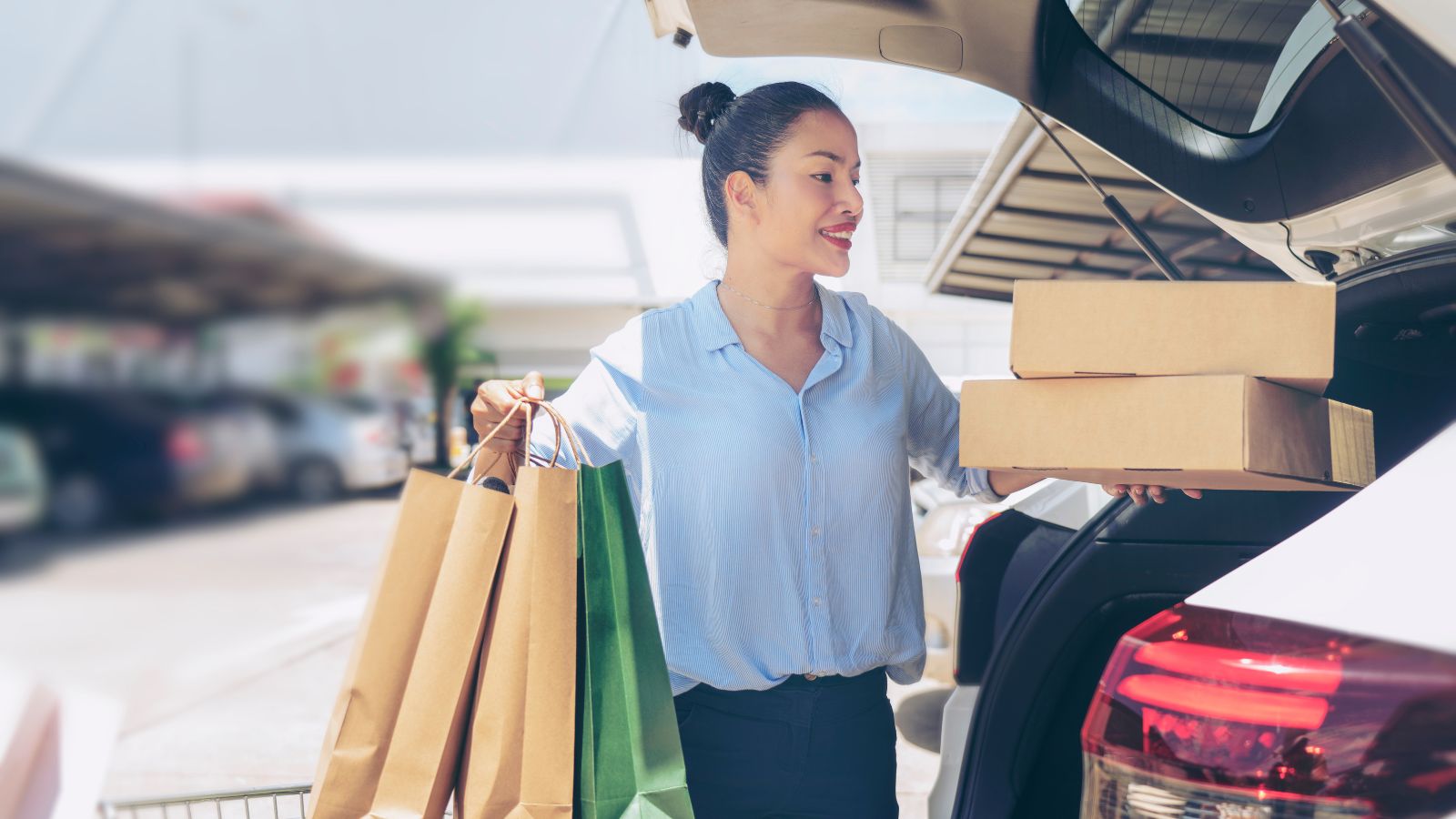
You never know when you might need a shopping bag! If you keep one in your car, you’ll always have one whenever you need to carry anything. Having your own bag available means that you can avoid getting plastic bags from the store, which will also help the environment.
Emergency Blanket
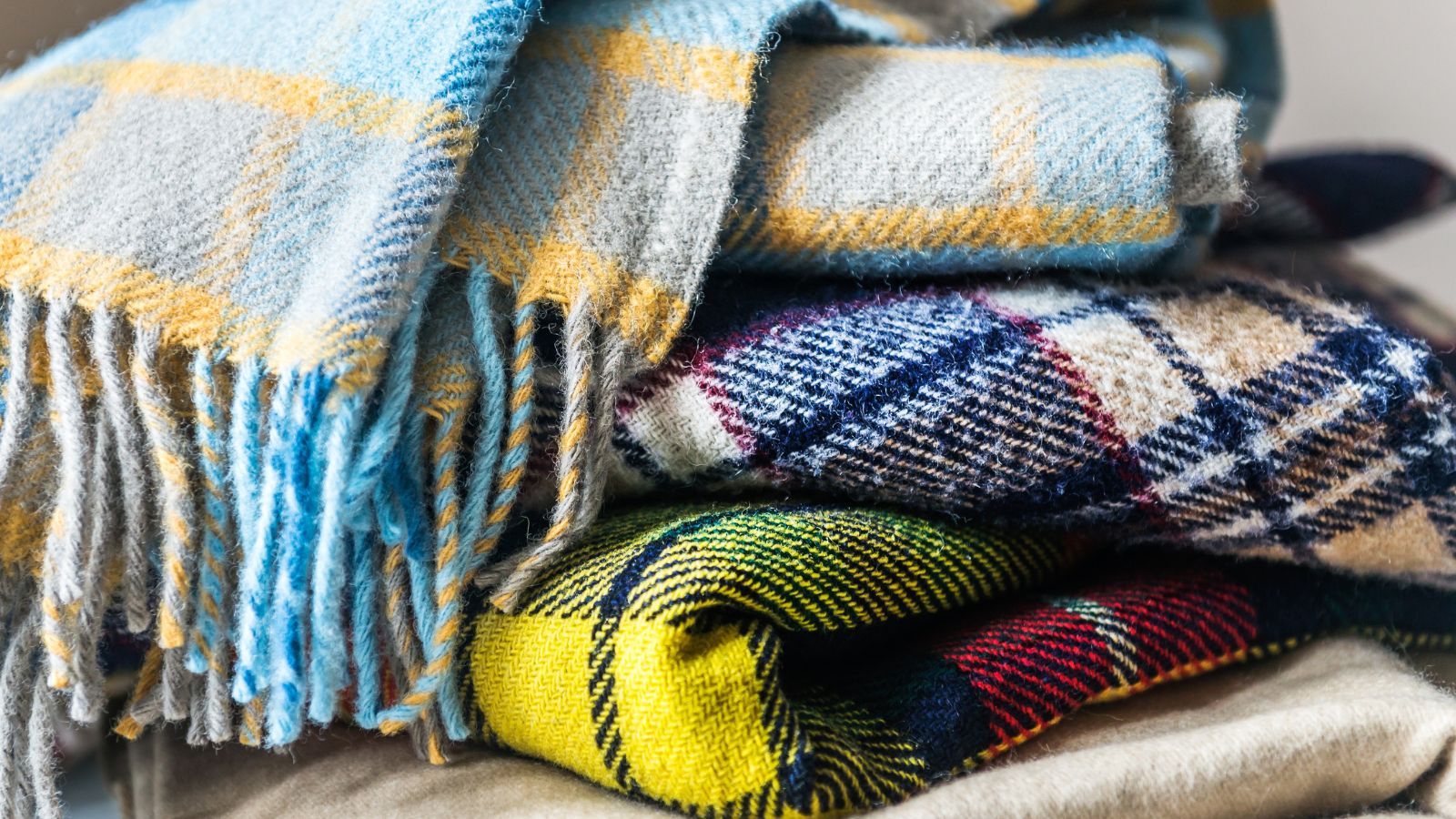
There’s nothing worse than being stuck in the cold. Prevent this nightmare by keeping an emergency blanket in your car. If you ever get stranded in cold weather, the blanket will provide you with much-needed warmth, and it can also be used as a makeshift shelter or to cover the ground.
Road Maps
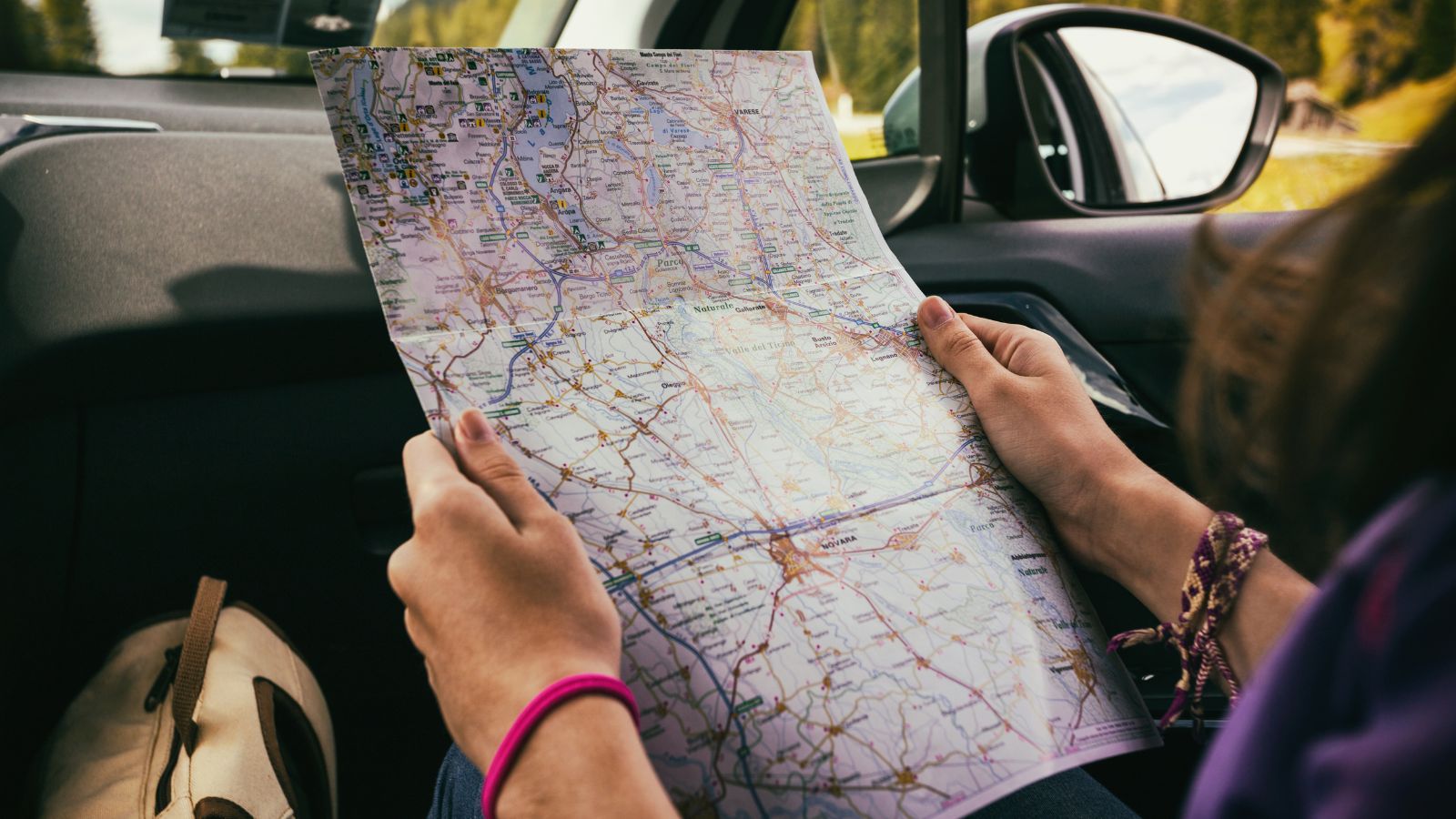
While we tend to rely on our GPS or smartphones, it’s useful to have a road map in the glove box. As Southern Living says, “cell phone towers don’t reach everywhere just yet, so a trusty Rand McNally is always good to have as back up.”
Vehicle Escape Tool
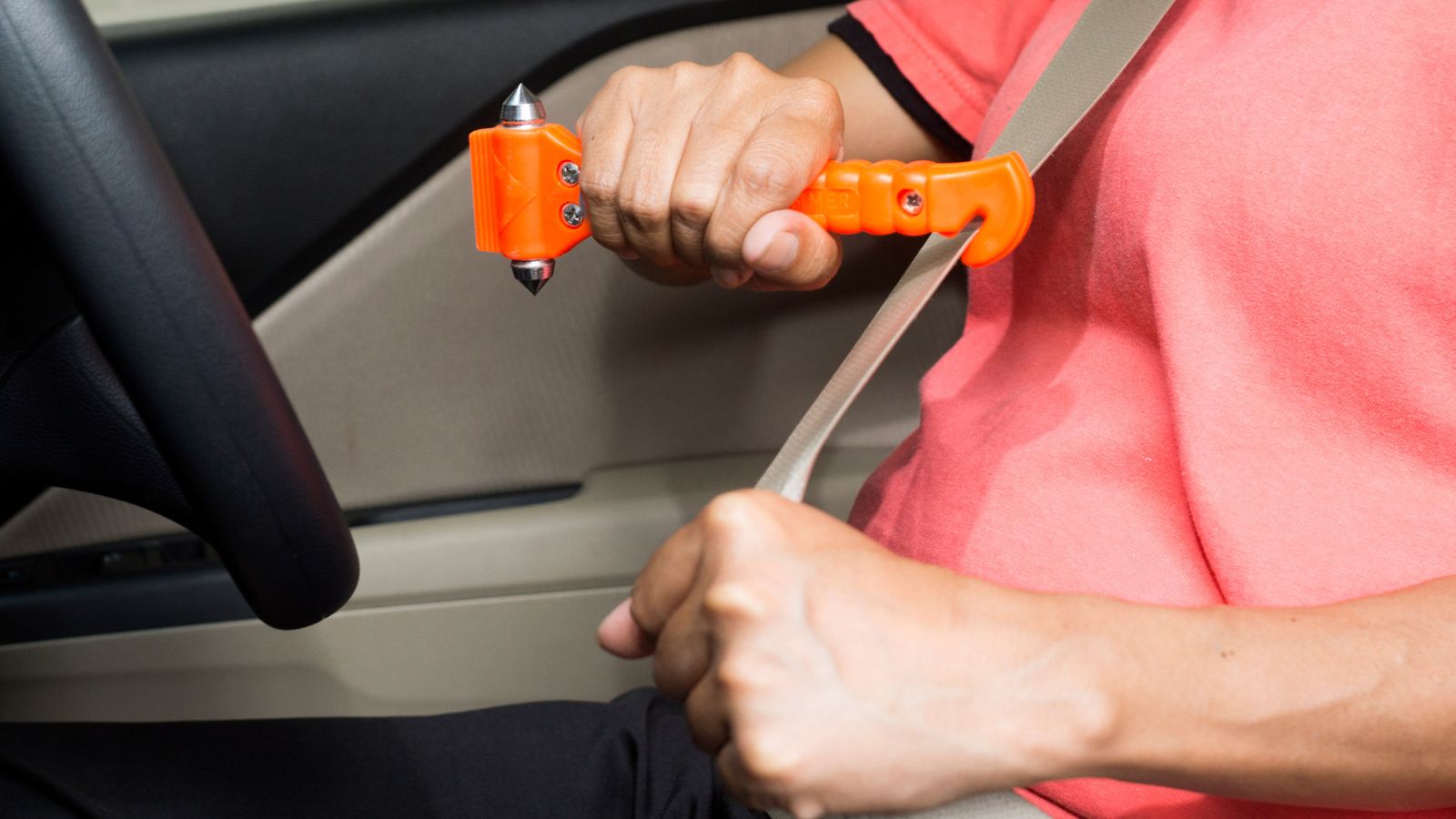
A vehicle escape tool combines the essential functions of a seatbelt cutter and a window breaker in one tool—much more convenient than having both items separately! The tool is designed for quick and efficient use during emergencies and is small enough to keep in your glove box for easy access.
Wet Wipes and Hand Sanitizer
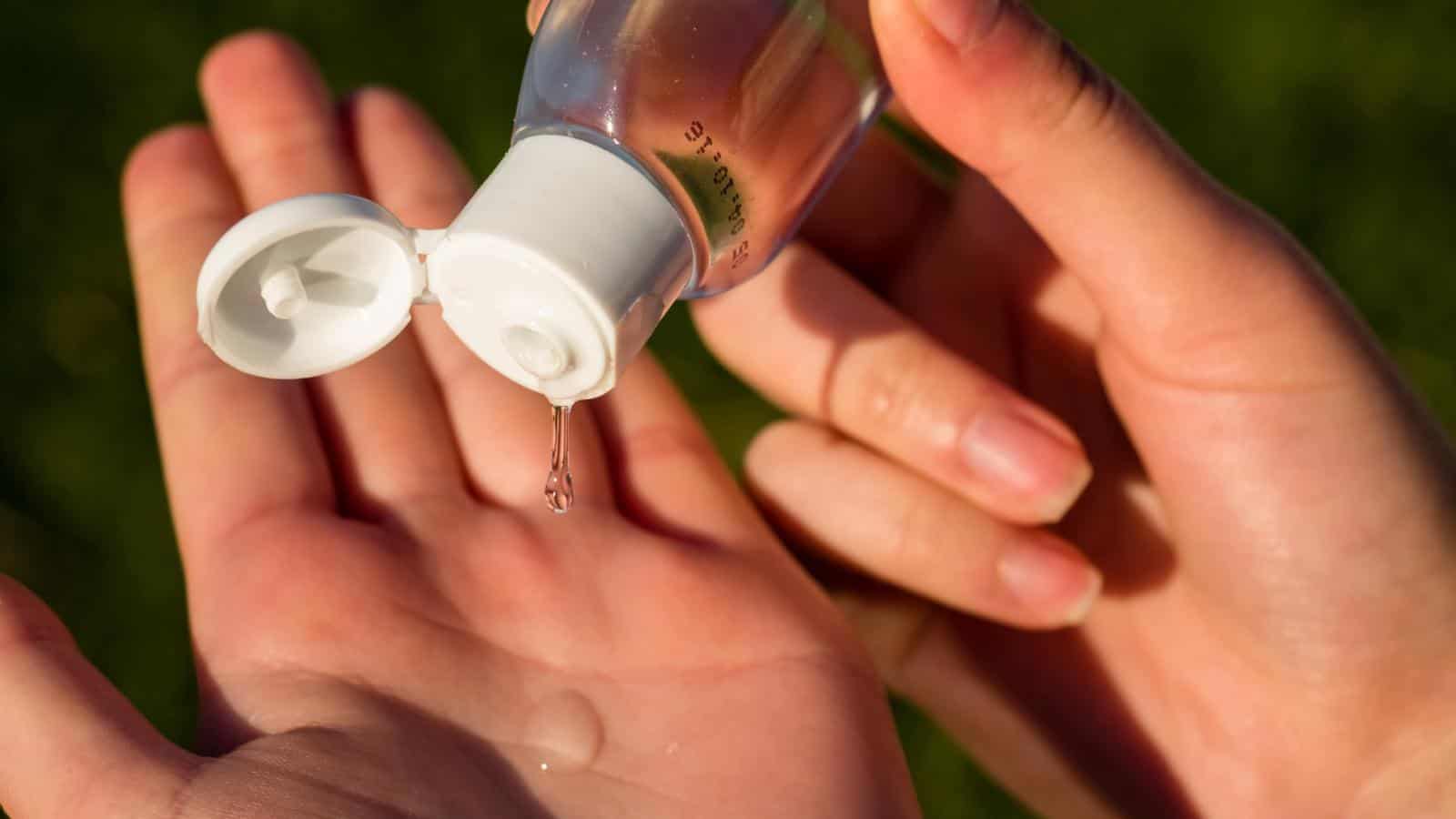
You might need wet wipes and hand sanitizer in some places, so stick these in your glove box to keep your hands and surfaces clean and maintain hygiene on the go! These are also ideal for cleaning up kids’ grubby hands or any spills or minor messes they make in the car.
Up Next: 17 Phrases Older People Use That No One Else Gets

Each and every generation has its own phrases and sayings that separate it from the rest, and the boomers certainly have plenty. Discover 17 popular boomer phrases that aren’t often used today and what they mean. Maybe you’ll want to bring some of them back!
17 Phrases Older People Use That No One Else Gets
People Who Don’t Show Empathy Usually Have These 18 Traits

The world would be a better place if everyone had a little more empathy. But sadly, in reality, some people show much less empathy than we’d like. Here are 18 traits of people who don’t show empathy.
People Who Don’t Show Empathy Usually Have These 18 Traits
The 17 Unhappiest States in America

The US has hit an all-time low position in the World Happiness Index, tumbling to 23rd in 2024. However, it’s important to remember that location is an important factor; many US states are very happy, unlike the following 17 US states that appear to be the most unhappy.
